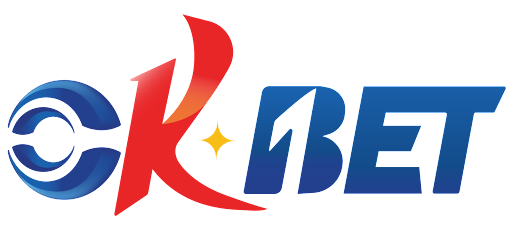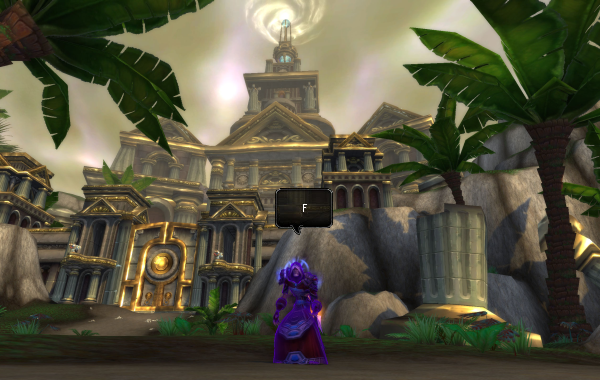Over the past few years, we’ve witnessed an unprecedented series of mergers and acquisitions in the gaming industry. From Take-Two Interactive spending $12.7bn on Zynga, to the $68.7bn Microsoft splashed out for Activision Blizzard, 2022 got off to an eventful start. This was preceded in 2021 by the Embracer Group acquiring multiple developers and specialists including Aspyr, which went for a cool $450m, mobile experts Easybrain at a cost of $765m and Borderlands legends, Gearbox Entertainment, at $1.37bn.
Mergers and acquisitions, or M&A as they have been dubbed in the media, are big news right now, but the action took off back in the last part of 2020. At that time, 75 new M&A deals were revealed, a number which was nearly double the amount announced at the same point in 2019. So, why did the trend begin and what is driving big companies to build ever-increasing portfolios of game developers and specialists?
Gaming is on the up
During the pandemic, consumers were forced to spend extended periods at home. As a result, they were keen to find hobbies that were fun, exciting and easy to access. This meant video gaming and mobile gaming became market leaders, giving music, movies and sports a run for their money. This has lasted beyond the pandemic because, as well as having fun, online gamers have the chance to win themselves a few extra dollars using features such as casino codes. At bonus.net, players will find a selection of bonus offers gathered from various casinos, all of which have been checked to ensure they are active.
Bigger companies have more cash to spend
Although funding will always remain an issue for start-ups, larger IT and gaming companies are doing well. Nintendo, Sony, EA and more have enjoyed a huge rise in profits, so they have the funds to mop up smaller studios. This ensures they have creative, risk-taking people on board while retaining an element of control over the finished product. Additionally, huge studios with plenty of cash can develop new titles more quickly and post in-game updates regularly. In doing so, they keep the fans eager for more.
Cross promotional opportunities
From retaining customers to promoting subscription services, delivering original content is a great way of reaching new users. When companies know people’s preferences and which apps they are fans of, it’s easier to target them with tailored ads and offers. They can also respond quickly to users who are showing signs of leaving, such as by decreasing their usage of an app or game by offering them fresh, alternative content.
So, is it all good news for gamers?
In general, gamers could benefit from more M&As. Despite the risk of smaller developers losing an element of individuality, there will be more funds for the projects they do undertake. This could lead to growth in niche games, a steadier stream of releases and even lower prices in the long run.




